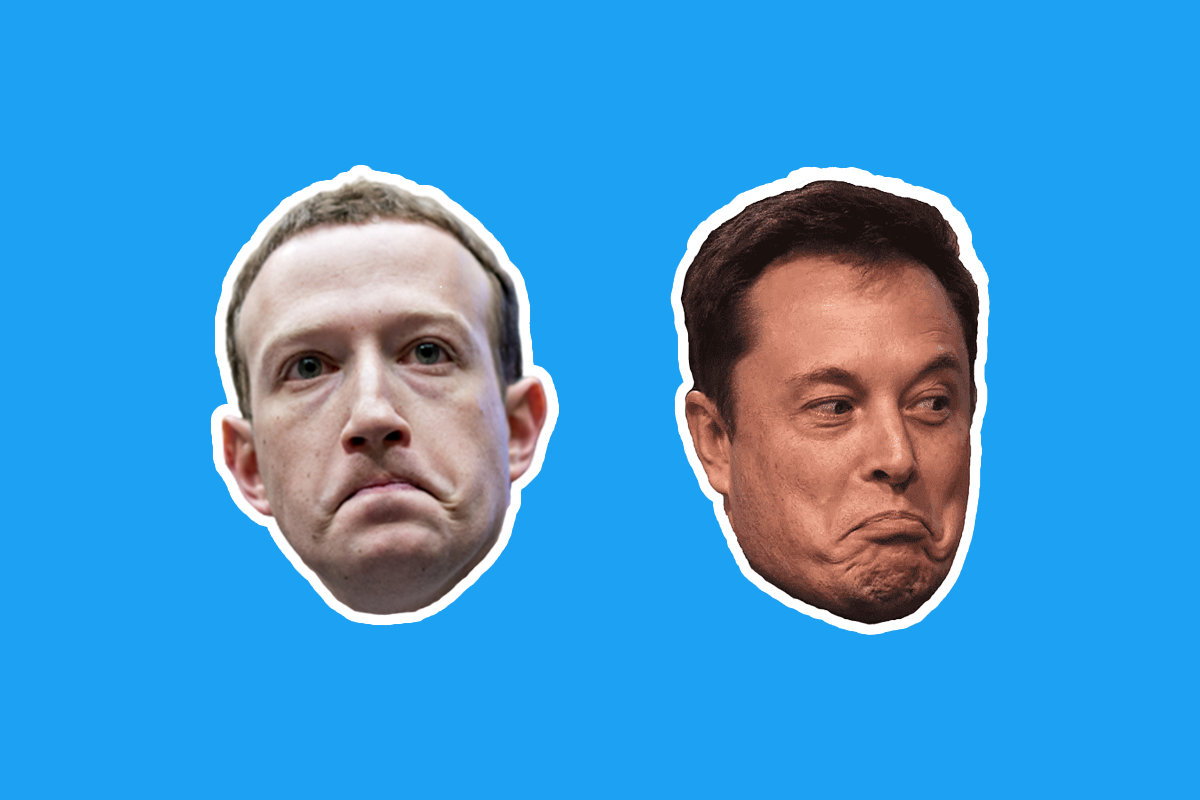Social Media’s Death Spiral

🌈 Abstract
The article discusses the evolution of social media platforms, particularly Facebook, and how they have transitioned from being a fun and social platform to a "cesspit" filled with various issues such as data mining, mental health impacts, fake news, and more. The author argues that these platforms are in a "death spiral" and that the only solution may be to build a time machine to go back to the "golden years" of social media.
🙋 Q&A
[01] The Early Days of Facebook
1. What was the initial experience of using Facebook like for the author?
- The author had just gone to university when Facebook really took off, and it offered a new way for them and their friends to engage with each other, which they enjoyed.
- They found it fun to use, with activities like sharing status updates, tagging embarrassing photos, and joining funny groups.
- It was a "little, wonderful moment in tech history" where social media was actually social.
2. How did the author describe the transition from the early days to the current state of social media?
- It was a "brief respite before the whole thing became a cesspit."
- The author describes discovering the truth behind social media, including the data mining, devious actions of the platform owners, mental health impacts, fake news, and societal divisions it has caused.
[02] The "Death Spiral" of Social Media
1. What is the author's view on the current state of social media platforms?
- The author argues that social media platforms are in a "death spiral" - a period of continuous downturn leading to catastrophic failure or collapse.
- Many pioneers like Myspace and Tumblr have already met their end, while others like Snapchat are "hanging on by a thread."
- The leading platforms are a "shadow of their former glory," trapped under the inability to create anything new or tread the line of being a "public town square."
2. What are some examples of failed attempts by social media companies to revive their platforms?
- Facebook's rebrand to Meta and focus on the Metaverse was a "glorious, insanely expensive waste of energy and billions of dollars."
- Elon Musk's attempt to turn around Twitter resulted in "one of the worst rebrands in history, destroying the product and halving the company's value."
- Instagram's decision to copy TikTok and "ruin the app's core experience" by killing photos.
3. What are the author's criticisms of the current changes made by social media platforms?
- The author states that no positive changes have been made with user value in mind, only to satisfy shareholders.
- They have "killed" various features like link sharing, chronological feeds, and reach for creators, all in favor of engagement metrics.
- The rise of AI-generated content, fake accounts, and AI-driven interactions are seen as the "death blow" for this generation of social media.
[03] The Future of Social Media
1. Does the author believe social media will disappear completely?
- No, the author doesn't believe social media will disappear completely, as it is "so entangled with our lives it is hard to envision how the world would function without them."
2. What potential solutions does the author suggest to mitigate the issues with social media?
- Age-gating social media and enforcing it
- Verifying all human users and labeling bots
- Watermarking all AI-generated content
- Holding platforms accountable for the content they surface to users
3. What is the author's final sentiment about the future of social media?
- The author expresses a desire to "build a time machine, and enjoy that period of bliss once again, where social media was social, where Google search worked and the Internet didn't suck." However, they acknowledge that this is just a dream.